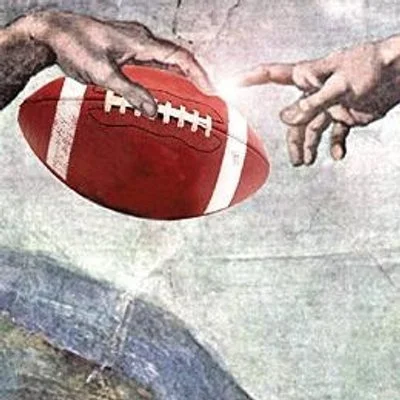God and football. Angry school officials and Satanists. That’s a combo that gets a lot of readers.
In the fall of 2015, soon after I moved to Seattle, a conflict arose across Puget Sound about a football coach who prayed on the 50-yard line after games and a school district that forbade him to do so. Here’s what I wrote back then about the coverage.
On Monday, Coach Joe Kennedy’s case went before the U.S. Supreme Court, the first time in decades that a school-prayer case has been heard by the justices. This time I was covering it for Newsweek, starting at 7 a.m. my time, which is when the debate went live on the East Coast.
Usually, the justices race through their hearings in only one hour. Kennedy v. Bremerton School District took nearly two. (You can listen to these debates on a live audio feed.)
You heard justices ask about Young Life clubs. They pondered the significance of whether a teacher who goes to an Ash Wednesday service and arrives at school with a smudge on her forehead is doing anything illegal. Would a coach have been disciplined by the school district if he planted a Ukrainian flag on the 50-yard line instead of praying?
In short, it was fascinating, and I thought most of the stories on the hearing were quite good with a few bad apples. Many of the headlines said the majority-conservative court “appeared sympathetic” to the coach, which I disagree with. The justices appeared more confused by the conflicting narratives. As Justice Stephen Breyer plaintively noted at one point: "One of my problems in this case, is that the parties seem to have different views of the facts."
The Supreme Court had turned down the case a few years ago because the facts weren’t clear and apparently, they still weren’t as of Monday. For instance, the defense said that students felt coerced into joining the coach in his prayers, and they included an amicus brief from one unnamed former player who said he felt coerced. Yet, when the Seattle Times pigeonholed three local football players about the issue back in 2015, none of them said they felt forced to go along.










